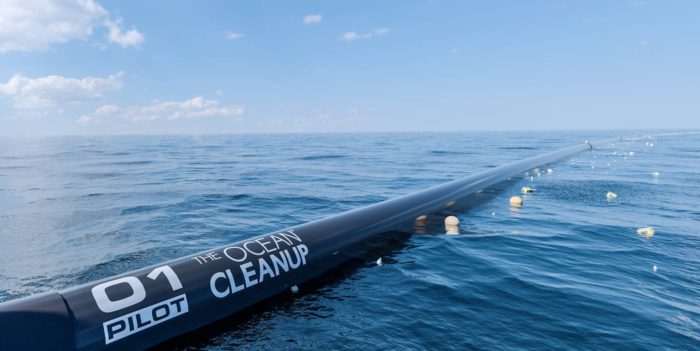APL announced that it will be providing free shipping to The Ocean Cleanup, a non-government, non-profit organisation working to develop advanced technologies to rid the world’s oceans of plastic. APL will be transporting containers of components and equipment for the extraction of plastic pollution from the oceans from 2019 to 2020.
During 2019 and 2020, APL will deliver equipment and components for research programs and clean-up operations worldwide. In support of its clean-up operations and to create a better understanding of the problem, The Ocean Cleanup conducts global measurement campaigns to determine the sources and composition of floating plastic in the oceans.
[smlsubform prepend=”GET THE SAFETY4SEA IN YOUR INBOX!” showname=false emailtxt=”” emailholder=”Enter your email address” showsubmit=true submittxt=”Submit” jsthanks=false thankyou=”Thank you for subscribing to our mailing list”]
Currently, APL bans the carriage of endangered species products including shark fin, dolphins and whales among others onboard its vessels. The company is also a signatory of the United for Wildlife Transport Taskforce, joining the fight against illegal wildlife trade.
Dennis Yee, APL Global Head of Safety, Security and Environment, commented:
We applaud The Ocean Cleanup’s course in cleaning up our oceans. In partnering with The Ocean Cleanup, APL seeks to step up our efforts in protecting marine biodiversity. APL is fully behind The Ocean Cleanup’s efforts to remove ocean debris that contributes to habitat destruction and kills tens of thousands of marine animals each year
The Ocean Cleanup has launched ‘System 001’ in September 2018, with the aim to prove the concept of The Ocean Cleanup’s technology in the Great Pacific Garbage Patch. System 001 consists of a 600-meter-long (2000 ft) U-shaped floating barrier with a three-meter (10 ft) skirt attached below. The system is designed to be propelled by wind and waves, allowing it to passively catch and concentrate plastic debris in front of it. Due to its shape, the debris will be funneled to the center of the system. Moving slightly faster than the plastic, the system will act like a giant Pac-Man, skimming the surface of the ocean.
In cleaning the oceans and liming plastic debris, Maersk has also collaborated with the Ocean Cleanup, by installing a pilot clean-up system in the Pacific.






























































